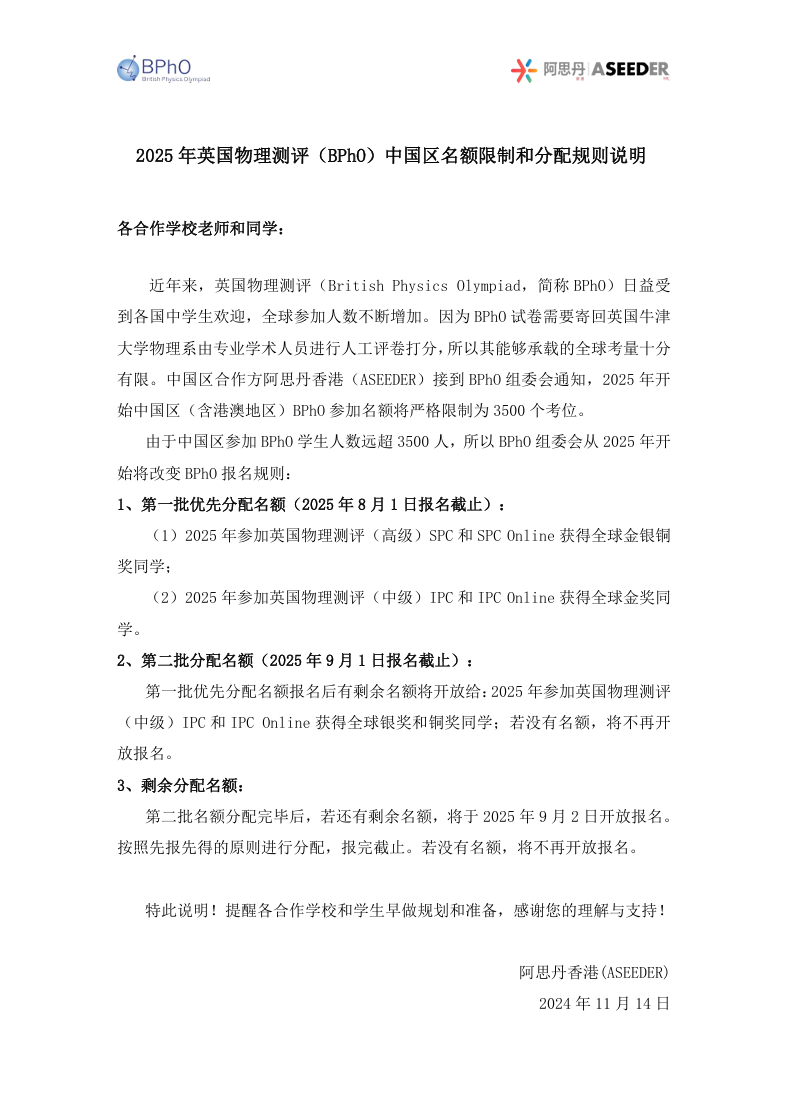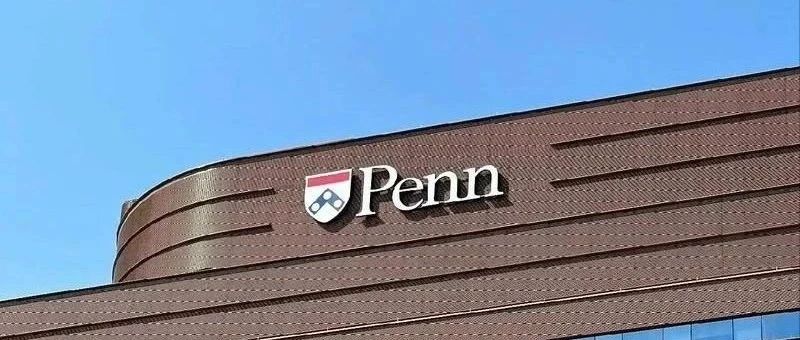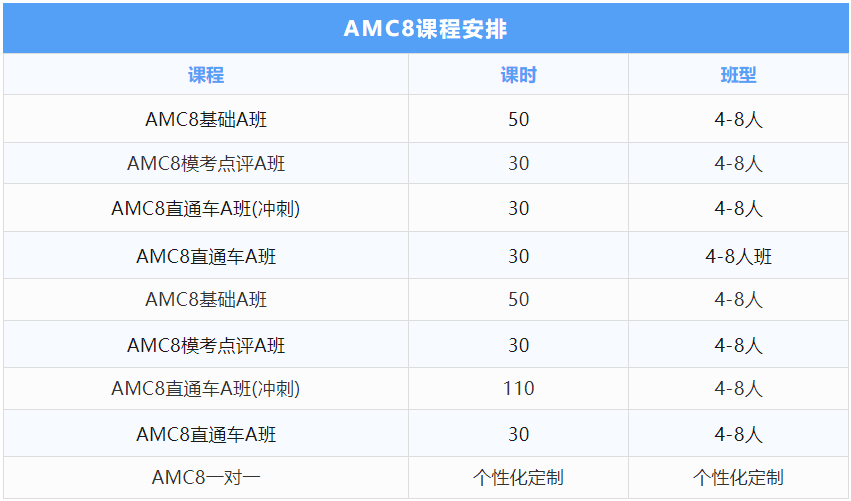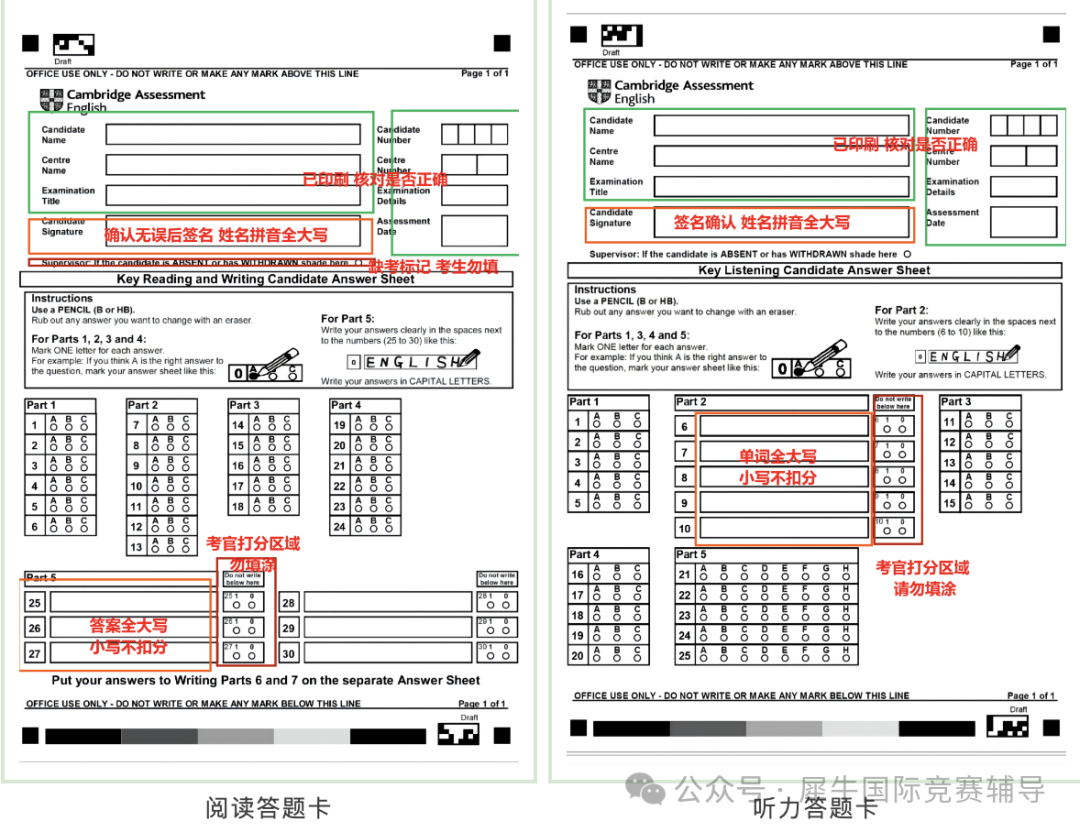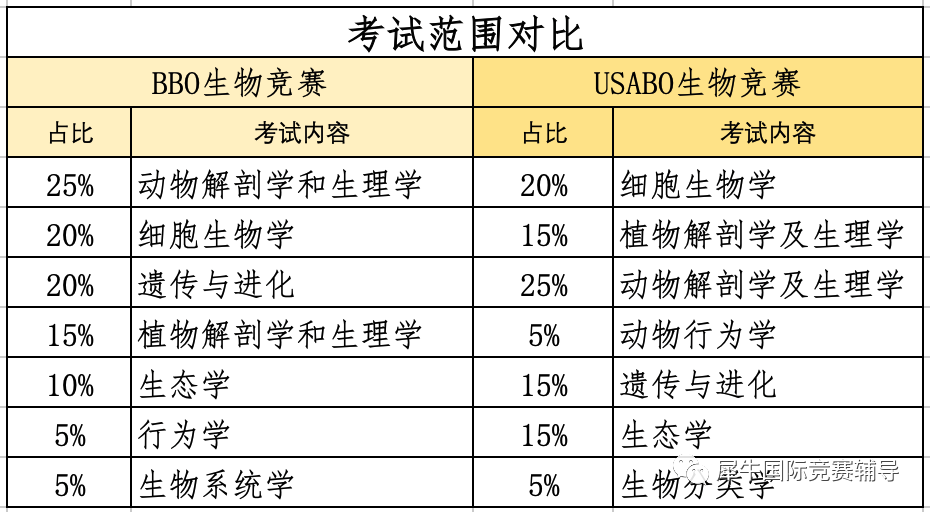在申请海外名校时,大部分学校都要求提交申请文书,特别是美国顶尖大学的本科及部分研究生录取。除了硬件条件外,文书成为最关键的“软件条件”。然而,如何撰写一篇出色的文书呢?
文书的核心目标是在最短的篇幅和时间内,让招生官深入了解“你”是一个怎样的人。通过描述一个具体事件或一系列相关联的事件,我们可以以小见大,精准地展现主角的形象。
每年美国大学申请结束后,《纽约时报》都会邀请即将高中毕业升入大学的当季申请人递交申请文书,并从中精心选出几篇刊登出来。
这些备受瞩目的文书主题都是关于金钱、工作、社会阶层和其他相关话题的。《纽约时报》认为,通过回答一些关于金钱的最基本问题,是弄清楚“你想成为什么样的人”的核心:我已经拥有什么?我想要什么?与我周围的人相比如何?我应该如何看待这个问题?
今天,我们一起来看下2023年度《纽约时报》精心选出的4篇文章~
01🔷 Sydney Carroll
"It often feels as though I stick out like a blue crayon in a 125-pack of red crayons."
Franklin, Tenn. -- Battle Ground Academy
*When you meet new people, there are things you immediately know: their hair color, their height, their fashion sense. As for me, I also immediately know who they voted for, that they're a proud N.R.A. member, or that they support the "sanctity of life" and Southern "heritage."That's because I work at my family's carwash, so naturally my first introduction to people is their bumper stickers.I didn't always work at a carwash in the outwardly beautiful, but decidedly fraught, Columbia, Tenn. In fact, until I was 14 my father worked on Wall Street — the New York one, not the Tennessee one boasting our county's only Chipotle.But when my 40-year-old aunt died, my parents engaged in radical grieving methods: having complete midlife crises, leaving their stable jobs, moving us 950 miles away to Nashville and opening a carwash. As you can imagine, my parents' crises translated to an entirely new crisis for me. In Tennessee, it often feels as though I stick out like a blue crayon in a 125-pack of red crayons (with a sharpener attached).When my family opened the carwash, we took "family owned and operated" to a new level. My dad traded in his khakis and button-down shirt for shorts and industrial work shirts with our logo on the pocket. My mom abandoned her past experience managing accounts with Cartoon Network and pivoted to making WindMaster signs telling people not to hit other people.And me? I went from an eighth grader to an assistant manager.I know things that virtually no other 17-year-olds know or want to know: how to grease equipment, the perfect mixture of chemicals to get algae off cement floors and the best way to dodge a car flying directly at you. I've also had the pleasure of being the on-duty manager when cars have crashed in our parking lot, leading to my trying to work a brand-new surveillance system while profusely apologizing to the police, who very obviously wished an adult was present.There are, however, things that have happened at the carwash that are far from funny. As a female and a minor, customers have made comments and jokes when talking to me that have made me feel deeply uncomfortable, exposed and, most importantly, out of place.It's hard to feel I belong in Tennessee, where we're on the news weekly for a new book ban, shooting or shutdown of a Pride festival. I'm entrenched in a place where so many interactions feel like a contradiction of everything I stand for. It's not easy to accept that our regulars -- the people I've grown to love who always bring me a caramel candy or a water or show me pictures of their kids -- don't believe in my right to reproductive health care. Some of them carry guns, and most of them are unvaccinated. They care about me, but they don't care about me.And they're never going to truly know me, the me who marches in protests and works on political campaigns. Part of the reason for all those loud bumper stickers is that we live in a time of not only great division, but even greater hatred. I'll admit I'm no angel, but I truly believe that activism must come from a place of love. So I'm going to keep fighting for what I believe in, not in spite of but because of the people I disagree with.
Although the carwash regulars may not fight for my rights, I love them enough to fight for theirs. I'll fight for them to have free universal health care, for their kids' guaranteed school lunches and for a fairer economy.
I may be ready to leave Tennessee, but its future matters to me. So while I'm here, I'm going to try to change some minds, whether it's one door, one protest or one carwash at a time.
中文翻译
当你遇到新朋友时,你会立刻知道一些事情:他们的头发颜色、身高、时尚感。至于我,我也立刻知道他们投票给了谁,他们是NRA的骄傲成员,或者他们支持“生命的神圣性”和南方的“遗产”
这是因为我在家里的洗车店工作,所以我第一次介绍别人自然是他们的保险杠贴纸。
我并不总是在田纳西州哥伦比亚市的洗车场工作,那里表面上很美丽,但绝对令人担忧。事实上,直到我14岁,我父亲都在华尔街工作——那是纽约的,而不是田纳西州的,那里拥有我们县唯一的Chipotle。
但当我40岁的姑姑去世时,我的父母采取了激进的悲伤方式:经历完全的中年危机,离开他们稳定的工作,把我们搬到950英里外的纳什维尔,开一家洗车店。正如你所能想象的,我父母的危机对我来说变成了一场全新的危机。在田纳西州,我经常感觉自己像一支蓝色蜡笔夹在125包红色蜡笔中(附带一个卷笔刀)。
当我家开设洗车场时,我们将“家族所有和经营”提升到了一个新的水平。我爸爸把他的卡其布和纽扣衬衫换成了口袋上有我们标志的短裤和工业工作衬衫。我妈妈放弃了她过去在卡通网络管理账户的经验,转而制作WindMaster标志,告诉人们不要打别人。
我呢?我从一个八年级的学生变成了一名助理经理。
我知道几乎没有其他17岁的年轻人知道或想知道的事情:如何给设备加油,如何将藻类从水泥地板上清除的完美化学混合物,以及躲避直接向你飞来的汽车的最佳方法。当汽车在我们的停车场相撞时,我也很高兴成为值班经理,这导致我试图使用一个全新的监控系统,同时向警方道歉,警方显然希望有一个成年人在场。
然而,在洗车场发生的一些事情一点也不好笑。作为一名女性和未成年人,顾客在与我交谈时会发表评论和开玩笑,这让我感到非常不舒服,暴露在外,最重要的是,格格不入。
很难感觉到我属于田纳西州,我们在新闻周刊上报道新书禁令、枪击或关闭骄傲节。我深陷于这样一个地方,在那里,如此多的互动感觉就像是我所代表的一切的矛盾。我们的常客——我已经爱上了他们,他们总是给我带焦糖糖或水,或者给我看他们孩子的照片——不相信我获得生殖健康护理的权利,这让人很难接受。他们中的一些人携带枪支,大多数人没有接种疫苗。他们关心我,但他们不关心我。
他们永远不会真正了解我,那个在抗议活动中游行并参与政治竞选的我。这些响亮的保险杠贴纸的部分原因是,我们生活在一个不仅存在巨大分裂,而且存在更大仇恨的时代。我承认我不是天使,但我真的相信激进主义必须来自爱的地方。所以我将继续为我的信仰而战,不是因为我不同意的人,而是因为他们。
虽然洗车的常客可能不会为我的权利而战,但我爱他们,足以为他们的权利而战。我将为他们争取免费的全民医疗保健,为他们的孩子提供有保障的学校午餐,为更公平的经济而战。
我可能已经准备好离开田纳西州了,但它的未来对我来说很重要。所以当我在这里的时候,我会尝试改变一些想法,无论是一扇门、一次抗议还是一次洗车。
文书亮点
这篇文书以作者在家族洗车店的成长和工作经历为主线,描绘了一个从青涩少年逐渐蜕变为肩负成人责任的洗车行经理的历程。
真实生活素材
该文并非沉溺于华丽的辞藻或空洞的修饰,而是从实际生活出发,选取真实可信的素材。作者通过描绘父母的经历和社会冲突,让招生官感受到他申请该专业的坚定决心和深厚的社会责任感。这种真实感使得整篇文书更具说服力,给招生官留下深刻的印象。
细致入微的人物描绘
作者通过生动的细节描写,成功地刻画出一个机敏、好学且上进的人物形象。例如,他描述了自己如何给设备上油、躲避飞车等日常工作场景,以及打工时观察到的保险杠贴纸等细微之处。这些细节使得人物形象更加鲜活,让读者能够亲近并产生共鸣。
社会洞察与反思
该文不仅关注个人经历,更将视角延伸到社会背景之中。作者通过社会观察,展现了对大环境的关注,并表达了自己对信念的坚守。尽管面临周围人的分歧和困扰,他依然坚定地走自己的路。这种坚持信念的力量使得文章更具深度和情感,为整篇文书赋予了希望和鼓舞的力量。
02🔷 Sam Smith
“I have always been the 'Money Man'"
La Jolla, Calif. -- La Jolla High School*There it is. The little mutant, who is supposed to be immortal, lies still, right beneath our noses.The sun pulsates down on our backs as midday approaches on a scalding day in San Diego. The cockroach lies still, sprawled across the floor with one of its six legs pointed in each direction. An assemblage has emerged around the dead invertebrate, as our posse quarrels about what we could do with this prospect.“Bet you won't eat that cockroach right now,” challenges one person.“Ten bucks says I will!”I shout confidently.The small crowd grows into a state of silence, as heads begin to turn toward the instigator, then back to me, anticipating a standoff.I have always been the "Money Man," so being offered to eat a cockroach, or any other similar requests, in exchange for monetary value was a common occurrence. I cannot explain why $10 entices me to conquer obscure feats. I have had a fortunate childhood where my earned dollars would typically buy a Snickers bar for my enjoyment.Oftentimes, I ask myself why these trivial challenges matter? My father's job requires him to live on the other side of the globe for six months each year. His absence in my life has left me with an insecurity that no money can buy.From a young age, I had to learn to live without a father figure. Our trips to Mission Bay Park were always cut short when his next rotation came, leaving me to teach myself how important a spiral was when throwing a football.As a child, I quickly learned not everyone lived a life like mine. Growing up, due to my father's job, we lived overseas, providing me firsthand lessons in the value of money. I have witnessed poverty at its worst. Living abroad opened my eyes to the sheer number of people who would consume a cockroach for an American $10 bill.I watched children who were 5-years-old in China doing backbreaking work for their families, just to make ends meet. Or beggars lining the streets of Egypt as their prestigious neighbors parted the road in their gold-plated G-wagons, spending millions on parties and feasts rather than helping their predecessors. Or my own family members in Mexico, who begged us to bring back clean water jugs and books for them and their children.I may be privileged, but I have seen every nook and cranny of what it takes to make it in life. So, when the opportunity comes to make an extra dollar, I understand its value and embrace it.Maybe I am money-driven, because it is my everlasting belief that I have every reason to make it in life. I have witnessed people come from immense poverty. So, I have no excuse to not make it, because people around the globe, who have so much less than me, still manage to hustle their way to the top.Maybe it is the belief that if I learned the value of a dollar at an early age, I would be able to help my many family members struggling on the other side of the border. Maybe that is why I took a job in construction, not because I needed the money, but because I understood its importance.I hope attending college, something most of my family couldn't do, will allow me to both help provide for them financially and be present in their lives. My family taught me the importance of a dollar, no matter what, even if I had to become "Cockroach Guy." My value of money and understanding of its global meaning will hopefully help me succeed in the classroom and beyond.
中文翻译
它就在那里。这个被认为是不朽的小变种人,静静地躺在我们的眼皮底下。
圣地亚哥一个炎热的日子,随着正午的临近,太阳在我们的背上跳动。蟑螂一动不动地躺着,四肢伸开躺在地板上,六条腿中的一条腿指向各个方向。当我们的团队为如何处理这种前景而争吵时,围绕着这只死去的无脊椎动物出现了一个集合。
“我打赌你现在不会吃那只蟑螂,”一个人挑战道。
“十块钱说我会的!”我自信地喊道。
一小群人陷入沉默,头开始转向煽动者,然后又转向我,期待着一场对峙。
我一直是个“有钱人”,所以被提供吃蟑螂或任何其他类似的要求来换取金钱价值是很常见的。我无法解释为什么10美元诱惑我去征服晦涩难懂的技艺。我有一个幸运的童年,我挣的钱通常会买一个士力架酒吧来享受。
我经常问自己,为什么这些琐碎的挑战很重要?我父亲的工作要求他每年在地球的另一端生活六个月。他不在我的生活中给我留下了金钱买不到的不安全感。
从很小的时候起,我就必须学会在没有父亲形象的情况下生活。当他的下一轮轮换到来时,我们去Mission Bay公园的行程总是被缩短,这让我不得不自学投球时螺旋有多重要。
小时候,我很快就明白,并不是每个人都过着像我这样的生活。在成长过程中,由于父亲的工作,我们住在海外,为我提供了金钱价值的第一手课程。我亲眼目睹了最贫穷的时候。生活在国外让我看到了很多人会为了一张10美元的钞票吃掉一只蟑螂。
我看到中国5岁的孩子们为家人做繁重的工作,只是为了维持生计。或者,埃及街头的乞丐们坐着镀金的G车分道扬镳,在派对和盛宴上花费数百万美元,而不是帮助他们的前任。或者我在墨西哥的家人,他们恳求我们为他们和他们的孩子带回干净的水壶和书籍。
我可能有特权,但我看到了生活中的每一个角落。所以,当有机会多赚一美元时,我理解它的价值并接受它。
也许我是受金钱驱使的,因为这是我永恒的信念,我有充分的理由在生活中取得成功。我亲眼目睹了人们从极度贫困中走出来。所以,我没有理由不成功,因为世界各地的人,他们的财富比我少得多,仍然能够奋力登顶。
也许是因为我相信,如果我从小就学会了一美元的价值,我就能帮助我在边境另一边挣扎的许多家庭成员。也许这就是我在建筑业工作的原因,不是因为我需要钱,而是因为我明白它的重要性。
我希望上大学,这是我大多数家庭都做不到的,能让我在经济上帮助他们,并融入他们的生活。我的家人教会了我一美元的重要性,不管怎样,即使我不得不成为“蟑螂佬”。我的金钱价值和对其全球意义的理解有望帮助我在课堂上取得成功。
文书亮点
这篇文章讲述了作者因为10美元接受挑战吃蟑螂的经历,背后反映出他对金钱价值的深刻理解。
开头引发读者兴趣
文章以描述一个不寻常的场景开始,通过“Money Man”和“Cockroach Guy”等有趣的表达将读者带入他的世界。对于财务奖赏、吃蟑螂的赌注,以及在国外见闻的描述,增加了文章的深度和情感共鸣。
故事冲突性极强
观众都喜欢听故事,招生官也不例外,主角给10块钱能吃下蟑螂、乞丐和特权两个天壤之别的阶层,赋予其意义和价值,从而碰撞出美好的化学反应,主题不离价值而铺开下文。
03🔷 Shane McDermott
“This was my very first experience blowing $300 in a day.”
Brooklyn, N.Y. -- Brooklyn Technical High School*I stepped out of the bank, my eyes tracking the silver- and copper-colored specks shimmering beneath the water of the fountain.Reaching into my pocket, I watched a man fling a coin in anticipation of his wish coming true. I slid my fingers along the edges of my quarters, contemplating throwing one in myself. However, I couldn't toss away a potential winning lottery ticket that easily. I grasped the rolls of coins just tightly enough to leave slight imprints in my palm and headed for my car.Once home, I commenced the familiar sorting process I performed with all the coins in my collection. I cracked open the rolls of quarters on my desk, inspecting the sides to see if any coins had silver cores. The tangy scent of copper swirled around my room as I separated the coins by date, looking online for possible prices and potential error coins - coins with manufacturing flaws.My eyes lit up. I'd found one: A 2005-P Minnesota quarter with a reverse double die, a duplication of design elements on the back.I quickly positioned the coin into a small case, scribbled an estimated $60 value and carefully piled it in my wooden drawer with the other rare coins.Although it was just a bargain-basement case, it was far superior to the makeshift ripped paper and tape "cases" I had been using as a new collector.I reached into the back of my drawer and picked up a 1981 Australian 20-cent piece, one of my first-ever foreign coins, and also my favorite. I turned to the reverse. Having lived in the United States all my life, it always fascinated me to see a platypus rather than the freedom bird staring back at me.I spun the coin between my fingers while looking through the other quarters. It invariably reminded me that I was never this prudent with my money before: my coin collection was more of a monthly holiday, rather than a facet of everyday life.My original connection with coins arose from my grandmother's many trips around the world. When she had come back from South Africa, she let me check out some coins and bills from the bottom of her purse. However, when I peered inside and saw one remaining coin that was the most vibrant gold color, my 8-year-old mind couldn't help but want to entertain myself with it.The coin in question: An early 1960s 2 Rand, valued at well over $300. It felt like a small-scale quarter but had far more pronounced ridges along the edges and was significantly heavier.I remember holding it in the palm of my hand: the peculiar heft felt as if it was going to push my arm down. It had a stunning image of an antelope on the reverse that apparently made me think it was actually an antelope.I made the ingenious decision to have the "antelope" gallop on a railing over the steep embankments of Riverside Park. This was my very first experience blowing $300 in a day, and I didn't realize until years later what I'd lost.After the antelope incident, I made sure to keep the rest of my coins safe and secure, leading to the development of my attentive sorting routine. I scanned all the remaining coins and double-checked to make sure I hadn't left any treasures behind, then scraped together the quarters and placed them back into rolls. I headed back to the bank to trade in the quarters for pennies so I could once again attempt to bolster my collection.On the way out, I again saw multiple people tossing change into the fountain. But the smiles on their faces quickly turned to frowns, for I took off my shoes and, not wanting to let wishes go to waste, rolled up my pants and hopped in with a bucket.
中文翻译
我走出岸边,眼睛追踪着喷泉水下闪闪发光的银色和铜质斑点。
我把手伸进口袋,看着一个男人扔硬币,期待着他的愿望成真。我把手指沿着身体的边缘滑动,想着往自己身上扔一个。然而,我不能那么容易地扔掉一张可能中奖的彩票。我紧紧地抓住硬币卷,在手掌上留下轻微的印记,然后向我的车走去。
一回到家,我就开始了对我收藏的所有硬币进行熟悉的分类过程。我打开桌子上的硬币卷,检查硬币的侧面是否有银芯。当我按日期将硬币分开,在网上寻找可能的价格和潜在的错误硬币时,我的房间里弥漫着浓郁的铜香味——这些硬币有制造缺陷。
我的眼睛亮了起来。我发现了一个:一个2005-P明尼苏达四分之一,背面有一个反向双模具,重复了设计元素。
我很快把硬币放进一个小盒子里,潦草地写下大约60美元的价值,然后小心地把它和其他稀有硬币一起堆在我的木抽屉里。
虽然这只是一个廉价的地下室箱子,但它远远优于我作为新收藏家使用的临时破纸和胶带“箱子”。
我把手伸进抽屉后面,捡起一枚1981年的澳大利亚20美分硬币,这是我第一枚外国硬币,也是我最喜欢的。我转向反面。我在美国生活了一辈子,看到鸭嘴兽而不是自由鸟盯着我看总是让我着迷。
我一边用手指转动硬币,一边打量着其他硬币。这总是提醒我,我以前从来没有这么谨慎地理财:我的硬币收藏更多的是每月的假期,而不是日常生活的一个方面。
我最初与硬币的联系源于我祖母的多次环球旅行。当她从南非回来时,她让我从她的钱包底部检查一些硬币和钞票。然而,当我往里面看,看到剩下的一枚硬币是最鲜艳的金色时,我8岁的孩子忍不住想用它自娱自乐。
有问题的硬币:一枚20世纪60年代初的2兰特硬币,价值远超300美元。它感觉像是一个小规模的季度,但边缘有更明显的隆起,而且明显更重。
我记得我把它握在手掌里:那种特殊的重量感觉好像要把我的手臂往下推。它的背面有一张令人惊叹的羚羊图片,这显然让我觉得它实际上是一只羚羊。
我做出了一个巧妙的决定,让“羚羊”在河滨公园陡峭的堤岸上的栏杆上奔驰。这是我第一次一天吹300美元,直到几年后我才意识到我失去了什么。
羚羊事件发生后,我确保了我剩下的硬币的安全,这让我养成了专心分拣的习惯。我扫描了所有剩下的硬币,仔细检查,确保没有留下任何宝藏,然后把硬币刮到一起,放回纸卷里。我回到银行,用硬币兑换便士,这样我就可以再次尝试增加我的收藏了。
在出去的路上,我又看到很多人把零钱扔到喷泉里。但他们脸上的笑容很快就变成了皱眉,因为我脱下鞋子,不想让愿望付诸东流,卷起裤子,提着水桶跳了进去。
文书亮点
这篇文章以鲜明而生动的叙述手法展现了作者对硬币与收藏的热爱之情,并通过分享与硬币紧密相连的个人经历,传达了对金钱和财务决策深入且成熟的思考。
引人入胜的故事性
与之前的文章相似,这篇文书的叙述风格充满了故事性,让人在阅读时仿佛置身于一千零一夜的奇幻故事中,迫切地想要探寻故事的后续发展,继续阅读下去。
细节描绘增添色彩
文章以喷泉水下闪烁的银色和铜色光点作为开篇,这一生动的描绘立刻吸引了读者的注意力。这样的场景描绘使读者仿佛身临其境,增强了阅读的趣味性。
接着,作者通过细致入微地描写检查和整理硬币的过程,使读者更加深刻地感受到作者对收藏的热爱以及对每一枚硬币的珍视。这些细节为整个故事增添了丰富的色彩,使读者更容易产生共鸣。
独特选题与情感共鸣
硬币收藏作为文章的主题,是一个相对独特且不寻常的选题。作者巧妙地将个人经历与这一主题相结合,使得这篇文书在众多大学申请文书中脱颖而出,令人瞩目。
在后半部分,作者描述了自己因为一次花掉300元的经历而深感懊悔的心情,以及看到许多人也有类似行为时,他意识到这是一个需要关注和解决的问题。这种情感上的转折不仅激发了作者申请该专业的决心,也为读者带来了深刻的共鸣和思考。
04🔷 Haley Song
"Kickstand up, ignition growling and helmet firmly on, the world is new again."
Phnom Penh, Cambodia — Logos International School*Through the morning haze of dust particles, car exhaust and visible heat waves, my mind races faster than my motorbike's 30 kilometers per hour. A world filled with incomprehensible, outdoor merchant hollers and a window pane delivery man on a motorbike tempts the curious and analytical.As my mind races with curiosity, I am challenged as a driver. Another motorbike's sudden swerve or a cloth thought to be roadkill makes me jerk for my handlebar brakes. Although keen, my senses are not supernatural: nothing can account for the lawless roads of Phnom Penh.My daily drive to school is anything but monotonous. Our starting node is dropped in a gated community. Kickstand up, ignition growling and helmet firmly on, the world is new again. Amongst the houses passed, a pattern emerges of villa, Lexus and renovation -- a gold spray-painted gate or a large green overshade -- giving me a peek into the homeowner's head.Although the thought of finding rushes of neural activity in their actual brain sounds endlessly exciting, I am content with deducing their aesthetic values -- for now.Before bidding the neighborhood guards farewell, I stop very carefully for the woman driving a Rolls-Royce with an infant in front while a woman pulling a tin wagon of brooms and foliage pulls up behind me. Questions of luxury car shipping, infant safety and wagon construction are trumped by the irony and tragedy of the gap I create between them.I join the hubbub of commuters spreading like liquid particles filling in every ounce of empty space. I reject an opening to swerve through two large cars, but apparently, my depth perception fails me as another driver seizes the opportunity.My recent failure to calculate time and acceleration fades, as I ponder humanity's natural acclimation of skills. I take the first and second virtues of volleyball, aggressiveness and communication, to heart after my failure. A traffic light's contradictory instructions open the traffic floodgates, but I make it through with deliberation. Every yellow light run and sidewalk driven on drops me into a thought experiment on human nature. Although for me, questions of habit, the inorganic nature of driving and social pressure rise before the innate chaos and evil of the human soul.Signage in Khmer, English, Chinese and Korean becomes as legible as my abilities allow as my motorbike comes to a halt. A truck filled to the brim with factory workers blocks my path. The intersection's green light flashes, and the truck continues straight, just missing the turn to the brand-new H&M in the country. It is a wonder that they didn't make one earlier, considering how cheap the transportation fees would be.Seeing the manifestation of global issues makes me realize that I will always appreciate Model U.N. for the large-scale awareness, but I could have never felt the weight and burdens of the world without everyday life. Ingrained systems built on poor foundations cannot be easily rebuilt. With little things like not running yellow lights or connecting impactful NGOs with students that want to help, I can try to help support a new foundation.Through the outdoor market, past the conglomerate's mall and turning to face a neon construction sign road, I am finally on the road leading to my school. The concept of sequent occupance has always stuck with me. From the broad effects of genocide to the more minute classification of "charred animal on spit," everything is an amalgamation of its past and present.The chaos, injustice and joy of the roads of Phnom Penh have fundamentally made me who I am, and I will only continue to grow as I leave them. As I pull into the parking lot, I know that my education has started far before the bell has rung.
中文翻译
在清晨的灰尘颗粒、汽车尾气和可见的热浪中,我的思维速度比摩托车的每小时30公里还要快。一个充满了令人费解的户外商人的叫喊声和一个骑着摩托车的车窗玻璃送货员的世界吸引了好奇和分析的人。
当我的思维充满好奇时,作为一名司机,我受到了挑战。另一辆摩托车突然转向,或者一块布被认为是致命的,这让我急刹车。虽然敏锐,但我的感官并不是超自然的:没有什么能解释金边无法无天的道路。
我每天开车上学一点也不单调。我们的起始节点位于一个封闭的社区中。站起来,点火装置轰鸣,头盔牢牢地戴上,世界又是新的。在经过的房子中,出现了别墅、雷克萨斯和翻新的图案——一扇金色喷漆的大门或一个大的绿色遮阳伞——让我得以窥探房主的脑袋。
尽管在他们实际的大脑中发现神经活动的冲动听起来令人兴奋不已,但我满足于推断他们的审美价值——目前为止。
在向社区警卫告别之前,我非常小心地停下来,等待一位开着劳斯莱斯的女士,她前面有一个婴儿,而一位女士拉着一辆由扫帚和树叶组成的锡制马车停在我身后。我在他们之间制造的差距所带来的讽刺和悲剧,压倒了豪华汽车运输、婴儿安全和马车构造等问题。
我加入了通勤者的喧嚣,他们像液体颗粒一样弥漫在每一盎司的空地上。我拒绝在两辆大型汽车中转弯,但很明显,当另一名司机抓住机会时,我的深度感知失败了。
随着我思考人类对技能的自然适应,我最近在计算时间和加速度方面的失败逐渐消失。失败后,我把排球的第一和第二个优点,侵略性和沟通性牢记在心。红绿灯前后矛盾的指示打开了交通闸门,但我还是深思熟虑地通过了。每一次闯黄灯和开人行道都会让我陷入一场关于人性的思想实验。尽管对我来说,习惯、驾驶的无机性和社会压力的问题在人类灵魂与生俱来的混乱和邪恶之前就出现了。
当我的摩托车停下来时,高棉语、英语、汉语和韩语的标牌在我的能力允许的范围内变得清晰可见。一辆满载工厂工人的卡车挡住了我的去路。十字路口的绿灯闪烁,卡车继续直行,刚好错过了通往该国全新H&M的转弯处。奇怪的是,考虑到运输费会有多便宜,他们没有早点做。
看到全球问题的表现,我意识到我将永远感谢模拟联合国的大规模宣传,但如果没有日常生活,我永远无法感受到世界的重量和负担。建立在不良基础上的入侵系统不容易重建。通过一些小事,比如不闯黄灯,或者将有影响力的非政府组织与想要帮助的学生联系起来,我可以尝试帮助支持一个新的基金会。
穿过户外市场,经过这家企业集团的购物中心,转身面对一条霓虹灯建筑标志的道路,我终于走上了通往学校的道路。连续占领的概念一直萦绕在我的脑海中。从种族灭绝的广泛影响到“唾液上烧焦的动物”的更精细分类,一切都是过去和现在的融合。
金边道路上的混乱、不公正和欢乐从根本上造就了我,我只会在离开这些道路时继续成长。当我把车开进停车场时,我知道我的教育早在铃声响起之前就已经开始了。
文书亮点
这篇文书通过细腻入微的笔触,描绘了作者每天骑摩托车上学的经历,让读者仿佛亲身体验了金边的道路、社区和交通状况。
故事性强,引人入胜
整篇文书仿佛一部短小精悍的故事,从铺垫到高潮再到转折,节奏紧凑,引人入胜。作者与读者之间仿佛建立了一座隐形的桥梁,使得读者能够深入其中,与作者一同感受那份独特的经历。这种故事性的叙述方式,正是招生官所钟爱的文书类型之一。
源于生活,描绘生动
作者通过对日常生活中骑摩托车所见的细致描绘,如路边的房子纹理、雷克萨斯乐器的声音以及金色喷漆大门等,为读者呈现了一幅鲜活生动的画面。同时,这些描绘也巧妙地与作者对现代社会节奏过快的思考相结合,使得整篇文书更具深度,极大地增强了招生官对作者的兴趣。
思考全球问题,展现远见卓识
在描述日常驾驶经历的同时,作者巧妙地引申出对全球问题的思考,如气候变化、环境破坏等。这种跳出个人经历的宏大视角,展示了作者的远见卓识和责任感。同时,作者对模拟联合国等教育活动的认可,也体现了其在课堂外的学习和成长,进一步强调了教育对个人发展的深远影响。
通过以上四篇优秀作品可以看到,名校青睐的文书,不一定要有苏格拉底式的哲学思维深度,但一定要有自己的成长和思考!
对于招生官而言,他们往往更想知道,你是什么样的人?你经历了什么?获得了怎样的成长?你想成为什么样的人?








